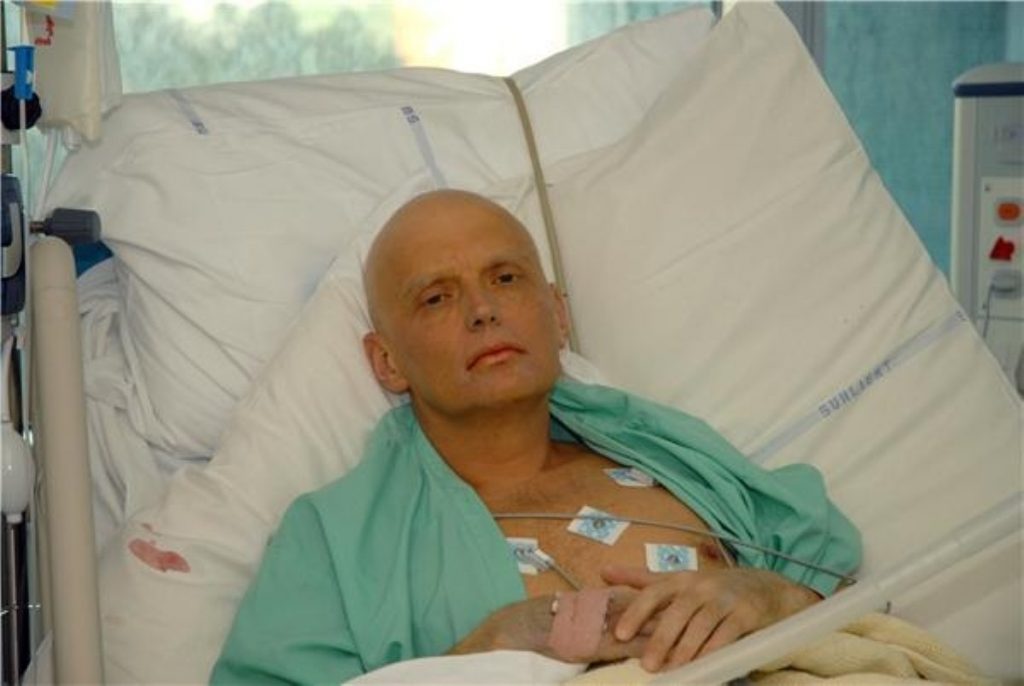Radioactive material ‘may have killed Russian spy’
The former Russian spy who died in London last night may have been killed by radioactive poisoning, the home secretary has said.
John Reid said the Metropolitan police were investigating the death of Alexander Litvinenko and have called for expert advice looking for “any residual radioactive material” in his body.
The Health Protection Agency (HPA) said tests had established a “significant quantity” of the radioactive isotope Polonium-210 in his body. This occurs naturally in the environment but is harmful when eaten, breathed in or if it gets into a wound.
Staff at the two hospitals where Mr Litvinenko was treated are being advised on how to prevent contamination, as are his family, but the HPA stressed that normal hygiene practices such as hand-washing would reduce any radiation hazard.


The 43-year-old former KGB agent fell ill on November 1st following two meetings with contacts in London. His friends claimed he was poisoned while investigating the killing of Russian journalist Anna Politkovskaya in October.
She was an outspoken critic of the Russian government’s policy on Chechnya, and in a letter released today, Mr Litvinenko apparently blamed the Kremlin for his own death.
According to his friend, Alex Goldfarb, the letter was dictated on Tuesday and in it Mr Litvinenko described Russian president Vladmir Putin as “barbaric and ruthless”.
Addressing the president, the letter said: “You have shown yourself to be as barbaric and ruthless as your most hostile critics have claimed. You have shown yourself to have no respect for life or liberty.
“You may succeed in silencing one man but a howl of protest from around the world will reverberate, Mr Putin, in your ears for the rest of your life. May God forgive you for what you have done.”
Scotland Yard has not launched a murder inquiry but confirmed it was investigating the “unexplained death” of the former Russian agent at University College Hospital (UCH).
Speaking to reporters earlier today, Mr Litvinenko’s father, Walter, said: “My son died yesterday and he was killed by a little tiny nuclear bomb. But the people who killed him have nuclear bombs and missiles and these people should not be trusted.”
The Kremlin has denied any responsibility for Mr Litvinenko’s death, although in a press conference today Mr Putin expressed his condolences to the victim’s family.









